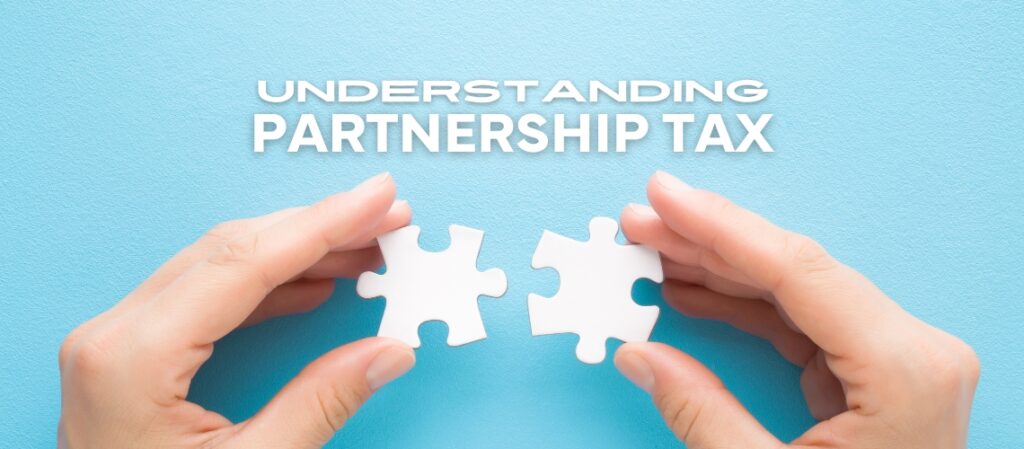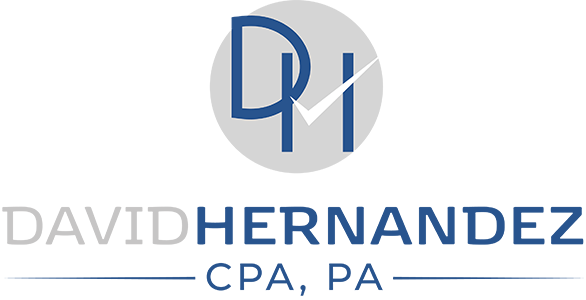
Navigating the complexities of partnership tax is crucial for professionals involved in a business partnership. Unlike other business structures, partnerships have unique tax implications that require careful planning and a clear understanding of the rules.
If you’re in a partnership in Coral Gables, understanding how partnership tax works is key to ensuring compliance and optimizing your financial outcomes.
How Partnership Taxation Works
Partnerships are considered “pass-through” entities for tax purposes. This means that the partnership itself does not pay income tax. Instead, the profits and losses of the partnership are passed through to the individual partners, who then report their share on their personal tax returns.
Each partner’s share of income, deductions, credits, and other tax-related items is outlined in the partnership agreement. It’s important to ensure that this agreement is well-drafted and up-to-date, as it plays a significant role in how taxes are calculated and allocated.
The Importance of the Schedule K-1
One of the key documents in partnership tax is the Schedule K-1, which is issued to each partner annually. This form details each partner’s share of the partnership’s income, deductions, and credits. The information on the K-1 is then used to complete the individual partner’s tax return.
Accurate and timely preparation of the Schedule K-1 is essential to avoid errors that could trigger audits or penalties. It’s also crucial to ensure that each partner is aware of their tax responsibilities and can plan accordingly.
Estimated Taxes and Self-Employment Tax
As a partner in a business, you’re generally required to pay estimated taxes quarterly, as you may not have taxes withheld from partnership distributions. Failing to pay these estimated taxes can result in penalties, so it’s essential to calculate them accurately based on your share of the partnership’s income.
Additionally, partners are typically subject to self-employment tax on their share of the partnership’s income. This tax covers Social Security and Medicare contributions and is calculated based on the net earnings from self-employment. Properly accounting for this tax is critical to avoiding underpayment penalties.
Deductible Expenses in a Partnership
Partnerships often incur a variety of business expenses, some of which can be deducted from the partnership tax return. These may include expenses related to operations, salaries, benefits, and even certain startup costs. By properly categorizing and documenting these expenses, the partnership can reduce its taxable income, thereby lowering the tax burden for all partners.
Each partner may also be able to deduct certain expenses on their personal tax returns, depending on the nature of the partnership and the specific expenses. Working closely with a CPA can ensure that all eligible deductions are taken, maximizing tax savings.
Handling Partnership Distributions
Distributions from a partnership can take various forms, including cash, property, or even debt relief. It’s important to understand how these distributions are taxed, as they can have different implications depending on their nature and timing.
For example, while cash distributions are typically not taxable, they can affect the partner’s basis in the partnership, potentially leading to capital gains or losses upon exiting the partnership.
Careful planning around distributions can help avoid unexpected tax liabilities and ensure that the partnership remains in compliance with tax regulations.
Partnering with a Coral Gables CPA for Success
Given the complexities of partnership tax, it’s advisable to seek professional guidance. A knowledgeable CPA can help you navigate the intricacies of partnership tax, from preparing the necessary forms to advising on tax-saving strategies. They can also assist in ensuring that the partnership agreement is structured to minimize tax liabilities and that all partners are aware of their obligations.
Ensure Your Partnership’s Tax Success
Effective partnership tax management is essential for the financial health of your business. By understanding the unique tax implications of partnerships and implementing strategic planning, you can ensure that your partnership remains compliant and financially sound.
If you need expert assistance with partnership tax in Coral Gables, the team at David Hernandez CPA, PA, is here to help. Contact us today to schedule a consultation and learn how we can support your partnership’s tax planning and compliance efforts.
